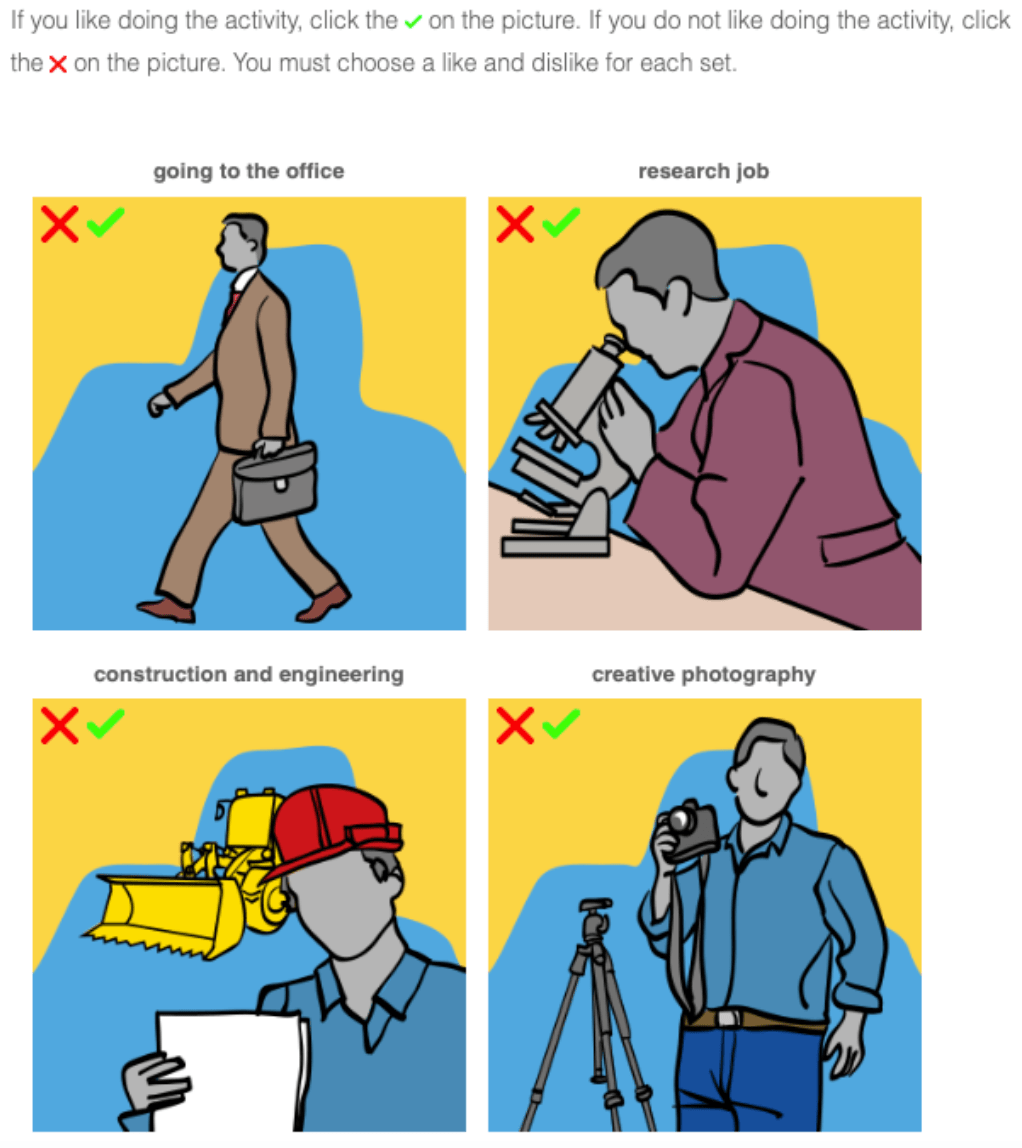
Working in a company will give you the opportunity to be both a manager and a peer. As a result, there is a wide range of experience and expertise that you'll be able to draw from when preparing for your transition. While the transition is not always easy, there are certain things you can do to ease your transition.
Communication skills
It is essential to improve your communication skills in order to be successful in your career. It is essential to communicate expectations with your staff and give guidance. This is not an easy task. According to a recent survey, 91% of employees believe that their managers are not able to communicate effectively with them in order for them be effective leaders. It's possible, if one puts in the effort and time to learn them, to improve your communication skills.
Before you assume your new job, it is crucial to improve your communication skills. Make sure you take the time and learn to interact with your bosses. These skills will make you more comfortable in your role, and it will also help you to build trust with your coworkers.
Trust
The process of transitioning from peer to manager involves making adjustments to both roles. While you can't do it alone, there are several things that you can do to create a positive environment. It helps to openly discuss your plans with colleagues how you will approach your new role. Building trust and credibility within the workplace is possible by being honest and open with your colleagues.

Your first task in becoming a manager is to earn the trust and respect of your peers. You need to show them that you are confident and humble at the same time. It is important not to make excuses for your new role and be proud of your new position. Your peers should be able to trust you, and they should follow your decisions.
Personal leadership style
Leadership practice is only possible if you are able to recognize your leadership style. Studies have covered a wide range of leadership styles over the years. We will present a few different styles and discuss how they affect the culture of an organisation. We'll also discuss adapting your style to your new team.
Transitioning from peer to manager is not an easy task. While your coworkers may be pleased for you, they might not understand your decision. It is important to be open with your coworkers about the inconvenience of the change.
Mentorship
A mentor can be an important part of your career development. It doesn't really matter if your mentor is someone you know or someone you have worked with. A mentor will be able to offer valuable advice and insight, but it is also important to make sure the relationship is mutually beneficial.
A mentor can help mentees reach their goals. Mentors can offer professional advice as well as connections with industry professionals and mentors who may be able help them find the right job. A great mentor will also be able to recognize their mentee's growth areas, introducing new projects to them over time.

Avoiding micromanaging
Micromanaging in the transition to manager role is a common mistake. This practice can create stress for both the team as well the manager. It can also deter independent work and hinder trust. Instead, let your team experiment and set clear goals.
Micromanagement can be caused often by a lack or trust in the group, which can lead to stress for the employee. Micromanagement can also be time-consuming. It also limits an employee's growth as a leader.